Jacqui Doyle – La Hoot Cafe, Gulidjan Country in Winchelsea
Jacqui Doyle has been running La Hoot Cafe for ten years now. The cafe is nestled beside the Barwon River on Gulidjan Country in Winchelsea. Jacqui’s formative years living on a farm in western Victoria instilled in her an interest and deep respect for the natural world, a farmer’s resourcefulness and an understanding of the importance of community.
Jacqui has carried these core values into her hospitality business as much as she can. Minimising waste is a top priority. Unfortunately, there has been a noticeable increase in the prevalence of plastic in the supply chain, but Jacqui opts for bulk products with reusable or recyclable packaging whenever possible. Doing this, along with choices around the packaging supplied for customers, including take away cups and trays, straws or napkins, there is often a cost discrepancy to avoid single use plastic.
Over the years Jacqui has joined and contributed to a network in the community that has seen the cardboard waste from La Hoot collected by the Lions Club and glass jars collected by the local opshop and used for pickling and preserves. More recently, cardboard has been collected by another community member in a horse float behind the supermarket, and is being used to manufacture insulation. The vast amounts of coffee grounds accumulated from making coffees serves as a rich compost resource. Jacqui donates it to locals who reciprocate with homegrown produce, for example, local lemons that make their way into scrumptious slices.
A huge contribution to waste is milk packaging because companies currently lack the infrastructure to distribute milk in greater bulk and they are transported in the same quantities as the household products, 2 litres. Jacqui was approached by someone who collects milk lids for use in manufacturing printer cartridges and she now happily takes the time to sort the lids from the bottles and donates them, a win-win situation. Likewise for bread tags, which Jacqui collects for an organisation that makes prosthetic limbs out of the plastic otherwise doomed for landfill, and donates them to people who can’t afford them. Hopefully, in the not too distant future, La Hoot will be fitted out with solar panels to address the contribution electricity makes to the businesses’ footprint.
Of course, the competitive nature of business can present a limit to business owner’s options, with customers often prioritising convenience. And there are still huge factors that are complex to problem solve on a micro level, food miles being a major one. Coffee, for example, is grown in far flung places and represents huge emissions in food miles. But Jacqui’s passionate outlook is not just her own, she’s tapping into her resourceful community and the reciprocal and creative relationships flourishing at a grassroots level. Jacqui’s cafe is not just a business but a meeting place where conversations around sustainability and community connections take place. It’s an example of the many skills and roles that come into play to reduce our footprint and mitigate climate change.

Recent Comments